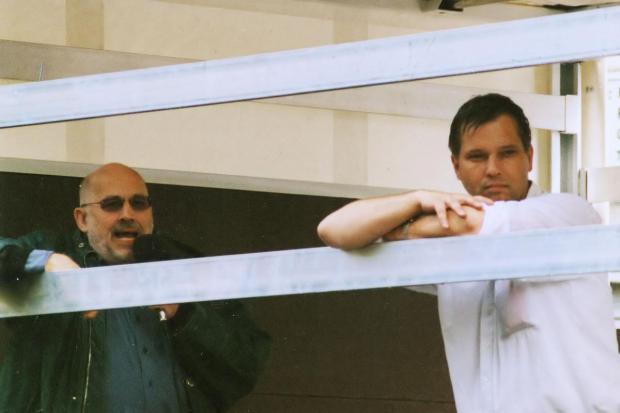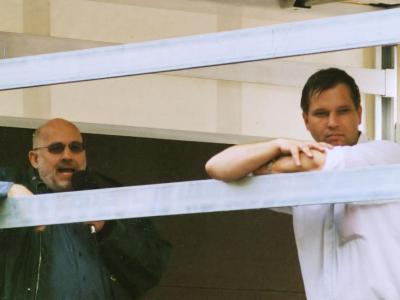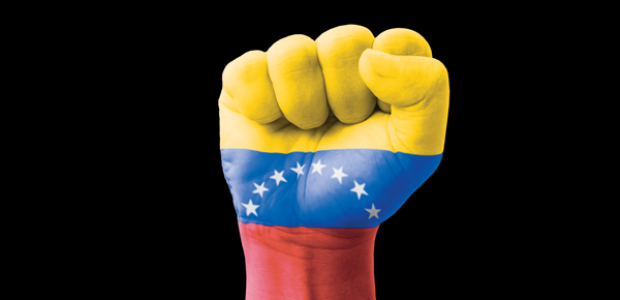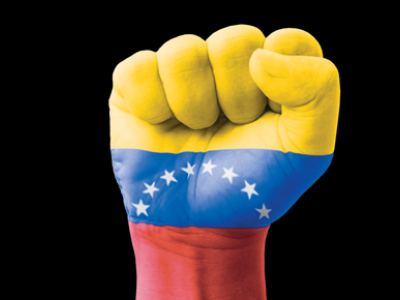The fate of Belarus’s dictator lies in the hands of the industrial workers he has long courted
Workers at multiple industrial companies across Belarus walked off their jobs on 14 August to protest against vote rigging in the country’s August 4-9 presidential election and police brutality against subsequent protests. Groups of demonstrators with flowers, signs and banners walked out in Minsk and other cities. Police did not intervene, while authorities released some of the protesters arrested in the previous few days. However, president Alexander Lukashenko has made it clear that he will not step down and will not engage with his opponents.
Blames foreigners and criminals
“To begin with, I’ll say that I’m still alive and I’m not abroad, contrary to what our respected opponents allege,” the Belarusian leader said at a government conference on August 14. He said the protests were instigated by foreigners and led by hardened criminals.
Earlier the same day, Belarus extradited 33 suspected ‘terrorists” arrested in Belarus on July 29 back to Russia. The men were mercenaries linked to the Russian “Wagner” group, who claimed to have been passing through Minsk on the way to Latin America.
Although Lukashenko pinned the protests on foreigners and criminals such as the Wagner group men, it teachers, doctors, workers, athletes, actors, priests and even state media journalists who joined demonstrations against police brutality on August 13 and 14.
Authorities may reckon with workers
Walkouts were reported at, among others, Minsk Electrotechnical Plant, Belarusian Steel Works, Minsk Tractor Works, Minsk Engine Plant, Minsk Wheeled Tractor Plant, potash giant Belaruskali, oil refinery Naftan, the Belkard drive shaft manufacturer in Hrodna, chemical company Palimir, Minsk Margarine Plant, electronics company Intehral, pharmaceutical company Belmedpreparaty, fertilizer maker Hrodna Azot, chemical fiber manufacturer Chimvalakno, the Belarusian Nuclear Power Plant. Employees of the Minsk subway operator and the Belarusian capital’s main cable TV operator also walked out.
The Belarusian leader has courted the country’s industrial giants during his 26-year rule, hoping that workers would reciprocate loyalty. However, workers too are now demanding a free and fair election and an end to violence. Workers said that they will go on strike on Monday if their demands are not met. Lukashenko played down the walkouts, saying that strikes will not affect companies.
Tikhanovskaya calls for coordinated effort
Presidential candidate Svetlana Tikhanovskaya recorded a video address in which she called on Belarusians to demand a vote recount. She called for establishing a coordinating council to begin a dialogue on power transfer. Belarusians “will never want to live with the old authorities again,” she said.
Earlier the same day, the central election commission announced that Tikhanovskaya lost the election with 10 percent of the vote. The former candidate accused the authorities of vote rigging, stressing that she would trounce Lukashenko in a free and fair ballot.
Some 1,000 employees of oil refinery Naftan in Navapolack, Viciebsk region, gathered outside its central office on the same day to demand that Lukashenko immediately leave the office and that Cichanoŭskaja be recognized as Belarus’ new president. Workers at Minsk Tractor Plant (MTZ) formed a strike committee of 23 members. However, the walkouts have been sporadic and poorly coordinated.
Meanwhile, six opposition organizations have issued a declaration for overcoming the current political crisis in Belarus. “We demand that Lukashenko immediately resign from the post of president as a candidate who did not receive the Belarusian people’s support, seized and usurped power,” the declaration said.
Authorities change tack
The recount proposed by Tikhanovskaya may not be a good idea: the election campaign itself was not free and fair and alleged ballot stuffing makes it impossible establish the truth.
Lukahenko, meanwhile, will not engage in any discussions with his opponents. After security forces failed in their attempt to quell protests with brutal force, authorities retreated, but they are still capable of bringing the country under control.
If demonstrations continue, authorities may launch another attack and even declare a state of emergency. Belarus is not yet at a tipping point. Developments now depend on how many industrial workers will join protesters in the streets in the coming days.





